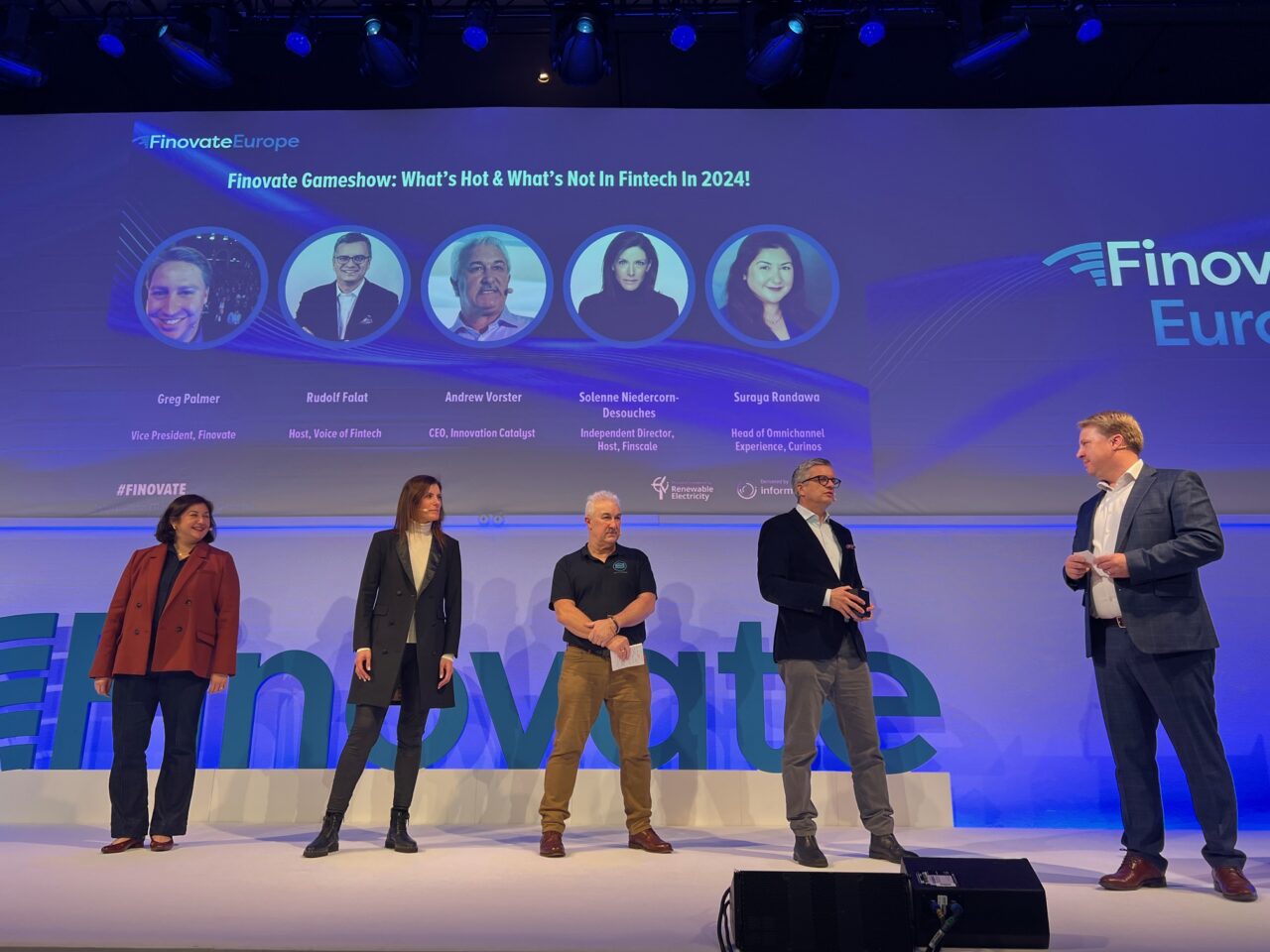
Do you remember the parable about the blind men and the elephant? In some respects, trying to encapsulate the two days of FinovateEurope into a single conversation recalls their challenge.
It will come as no surprise that AI was top of mind. However, less than three years into this AI revolution, it was impressive to see calm heads and cautious strategies among the enthusiasm and anxiety. From AIs working with human agents to AI-enabled automation, putting the technology to practical use – on both the backend and frontend – is helping integrate AI more constructively into financial services than we might have imagined back in the days when we were first enthralled by ChatGPT.
That said, there is more to financial services and fintech in 2024 than AI. As more than one observer noted over the two days of FinovateEurope last week: AI may be king, but the kingdom is still the customer experience.
A View from the Keynote
That said, our Out of the Box Keynote address from author and Generative AI expert Nina Schick set the AI-powered tone early on Day One. From her presentation – Will AI Be More Profound Than The Invention Of The Internet? What Do Financial Institutions Really Need to Understand About Generative AI? – three points stood out to me.
First, popular opinion – and mass media news coverage – tends to treat AI and its innovations as either “dangerous” (New York Times, May 30, 2023: “AI Poses ‘Risk of Extinction,’ Industry Leaders Warn”) or “dumb” (The Guardian, March 16, 2023: “The stupidity of AI”). Thinking, or assuming, that AI will clearly be one or the other blinds us to the potential for the technology.
Furthermore, it is commonplace to suggest that AI will only be as “dangerous” or as “dumb” as its creators (not an entirely comforting thought, but …). Nevertheless, our relationship with AI will not be static; it will evolve as the technology evolves. In the process, we will become more attuned to, and aware of, the limitations of both AI as well as ourselves. In this, I am reminded of an observation by another AI expert who remarked that our experience with AI might actually help us understand more about what it means to be human. With each successive conversation about this technology, this viewpoint becomes more credible to me.
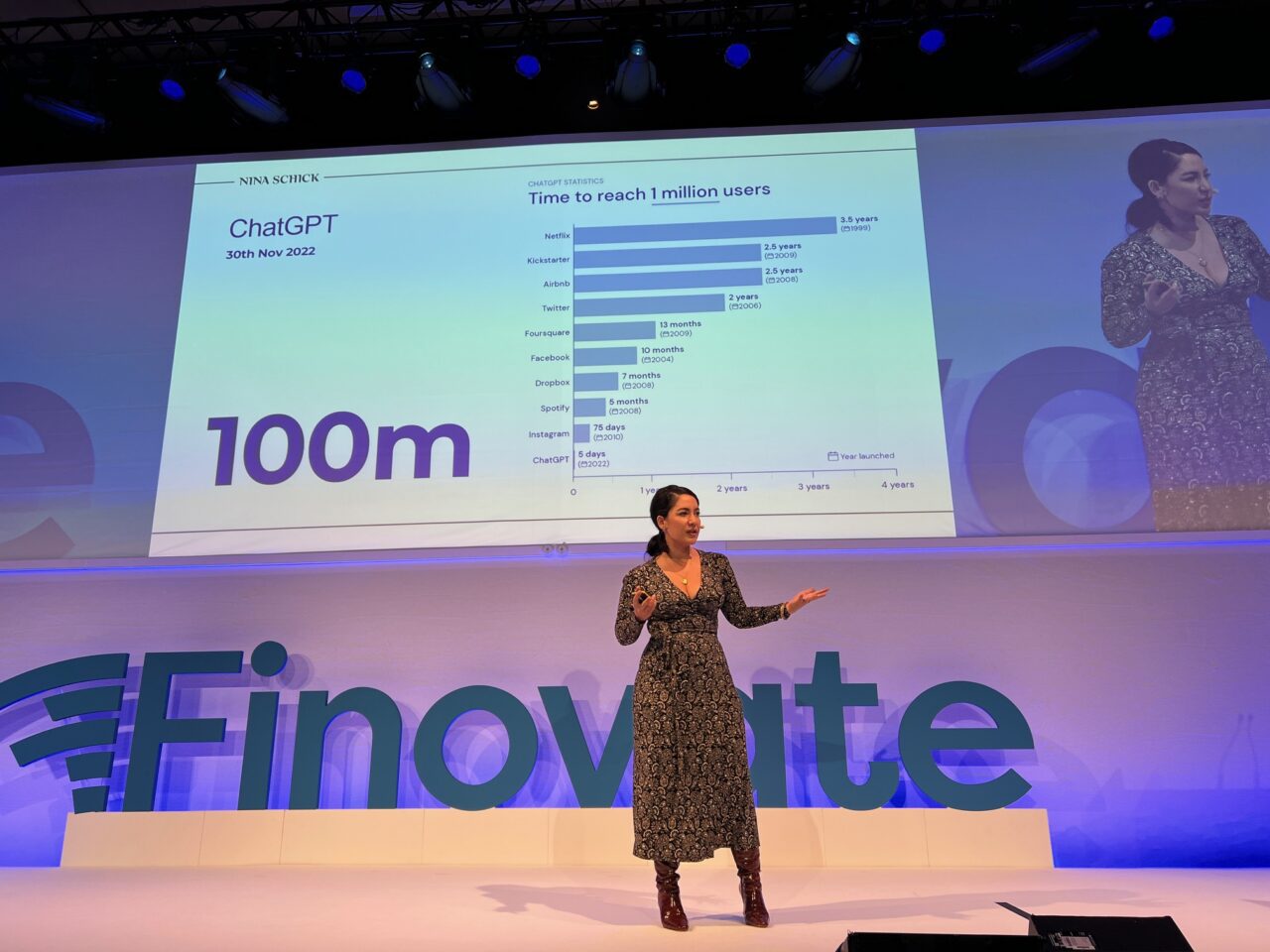
A second point from Schick is that many observers are focused on what is called “Artificial General Intelligence.” This refers to AI that is able to perform as well or better than humans at a variety of cognitive tasks, including the ability to self-teach. This is also the AI that the world is alternately anxious and excited about. Schick noted that before we get to artificial general intelligence (AGI), however, we will experience a period when what she called “Artificial Capable Intelligence” (ACI) will drive innovation.
ACI bridges the gap between the AI we see on display with large language models (LLMs) and Generative AI solutions on one hand and a potential future AGI on the other. Rather than what we can compel AI models to say or generate, ACI seeks to figure out what AI is “capable” of doing with its intelligence. As AI researcher Mustafa Suleyman wrote in an article for MIT Technology Review last July: “We don’t want to know whether the machine is intelligent as such; we want to know if it is capable of making a meaningful impact in the world. We want do know what it can do.”
As Schick elaborated on this concept, the ACI stage of AI’s evolution will not require machines that think or have achieved some level of sentience. Nevertheless, at this point, AI technology can perform highly specialized tasks – including emotional tasks – that would have been considered impossible for machines to conduct before. A recent Google study that showed its Articulate Medical Intelligence Explorer (AMIE) LLM outperforming human doctors, as well as, AI-assisted doctors, in a test of diagnostic reasoning and conversation. This is an example from health care, but the use cases in financial services – from debt resolution to wealth management – are clear.
Lastly, Schick emphasized that AI is a meta-technology rather than a single technology. As such we will be able to apply AI to a wide and growing variety of experiences and challenges. Moreover, as a meta-technology, AI will also have the ability to upskill a sizable range of activities – from the quantitative to the creative. This will cause no small measure of anxiety among many, but Schick believes that the benefits will be significant – and in many cases, surprising – enough to fuel continued engagement and innovation rather than retrenchment.
A View from the Money
What can we expect on the funding front for innovative startups in fintech? Where is the Smart Money looking – and investing – in 2024?
Our panel – Investor All Stars: Where Is The Smart Money Investing in Fintech? – is always one of the most well-attended sessions at FinovateEurope. These are the conversations that put technological innovation in the context of what’s actually possible. After a full day of watching live fintech demos, our All-Star Panel often arrives the following afternoon as a bracing tonic: what did you see? what did you like? what would you buy?
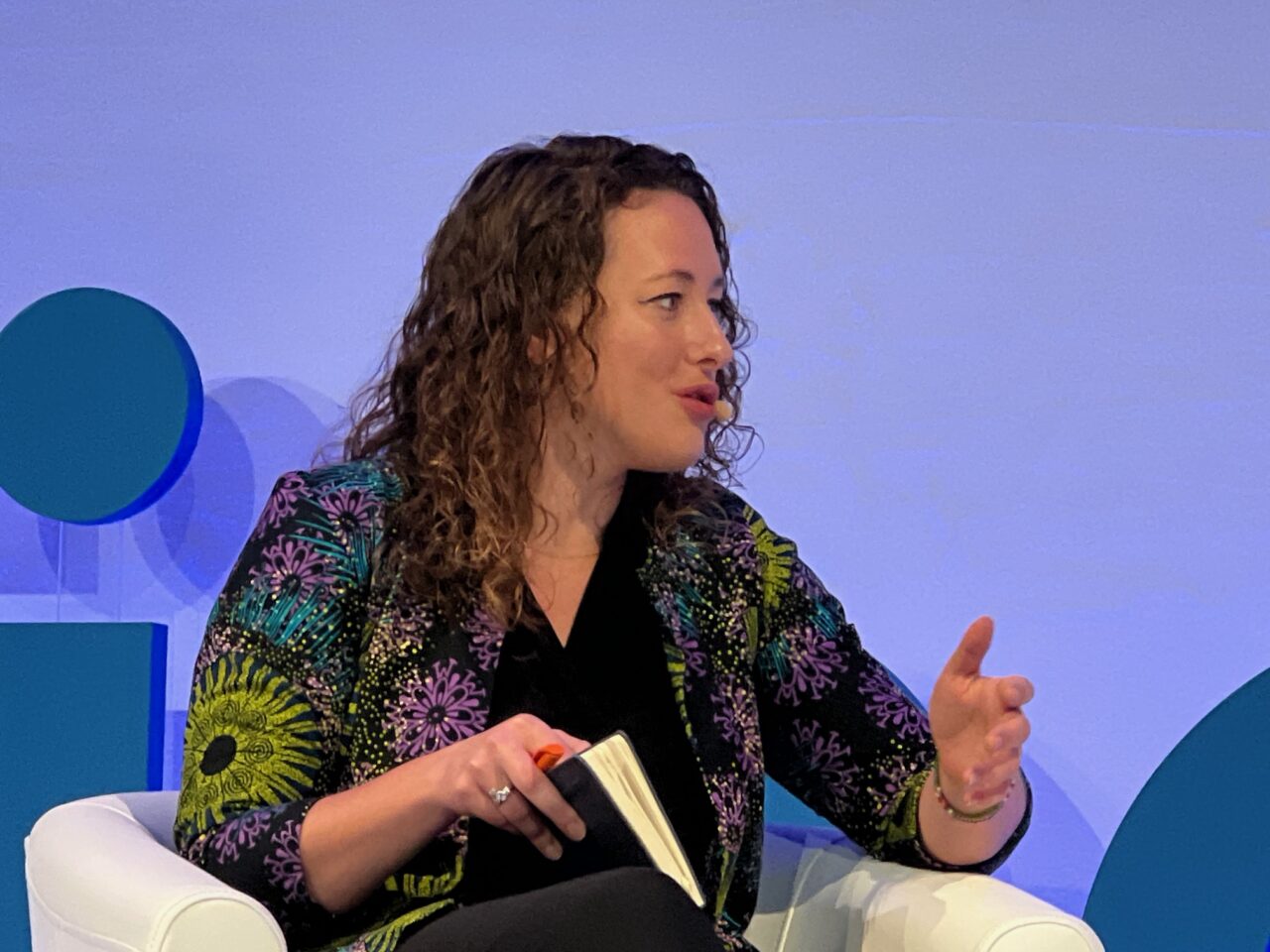
This year, our investor panel at FinovateEurope featured Robin Scher, Head of Fintech Investment, Lloyds Banking Group; Sophie Winwood, Operating Partner, Foxe Capital; and Dallin Bills, Principal, Battery Ventures. Founders Factory Investor Claire Mongeau moderated the conversation.
If AI is the big driver for technological innovation in fintech and financial services, then the cost of money – namely, interest rate policy in the U.S. and Europe – are likely to give us the clearest indication of what to expect when it comes to investment in our industry this year.
While the panel in general was optimistic about funding in 2024, especially in the second half, they also agreed that interest rates will help determine the appetite for investment in fintech and that appetite will, in turn, help drive valuations.

There was also robust discussion of the M&A front. Capital One’s acquisition of Discover Financial in February was an early sign that 2024 might feature some welcome consolidation in the financial services space. And while the panel was united on the likelihood that M&A could be surprisingly active this year, there was debate on whether strategic transactions or private equity-fueled moves would dominate.
Bills noted, in favor of private equity, that there is $2.5 trillion in “dry powder on the sidelines”, a record amount, he said. Bills added that there are potential opportunities not only in AI and AI-powered automation, but also in niche areas like tax and accounting. Scher added that strategic M&A was “very much still in play” for 2024. “There are too many fintechs doing the same thing,” Scher observed, “and they don’t seem to realize it.”
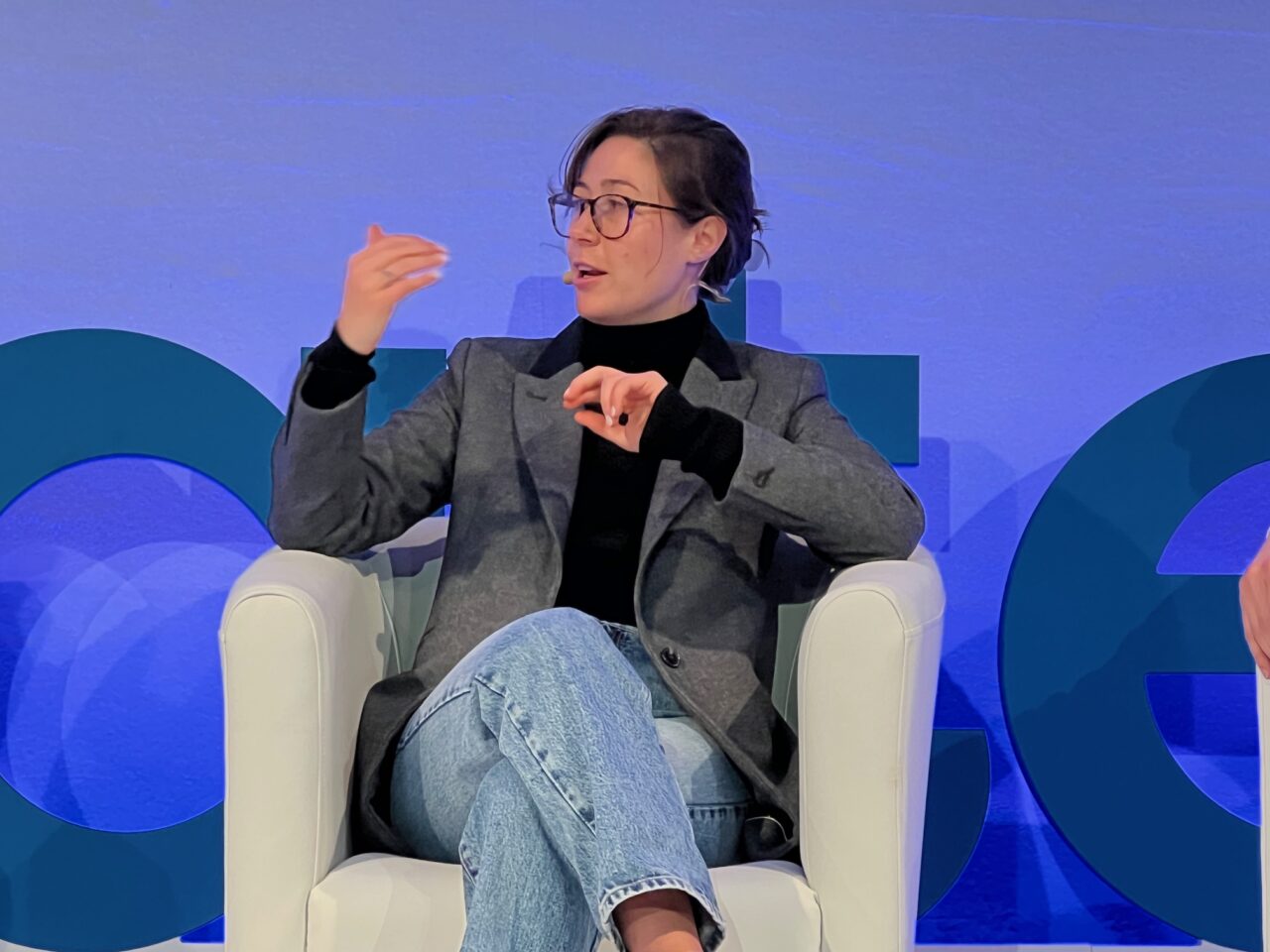
What do our panelists like? Winwood echoed Bills interest in the tax and accounting space. She also highlighted a “new wave of insurtechs” as worth keeping an eye on, as well as continued innovations in the wealthtech/wealth management space. With Millennials well into family formation mode, and both homebuying and saving for college becoming top agenda items for them, companies who are able to help these young families navigate these major financial challenges could be in high demand.
That, however, does not necessarily mean good times for lenders – digital or otherwise – as Bills noted. Many of these companies are still reeling from the interest rate hikes of 2023, and the prospect of interest rates remaining relatively high in the near-term is likely to encourage investors to take a hands-off, or at least wait-and-see, approach to the space.
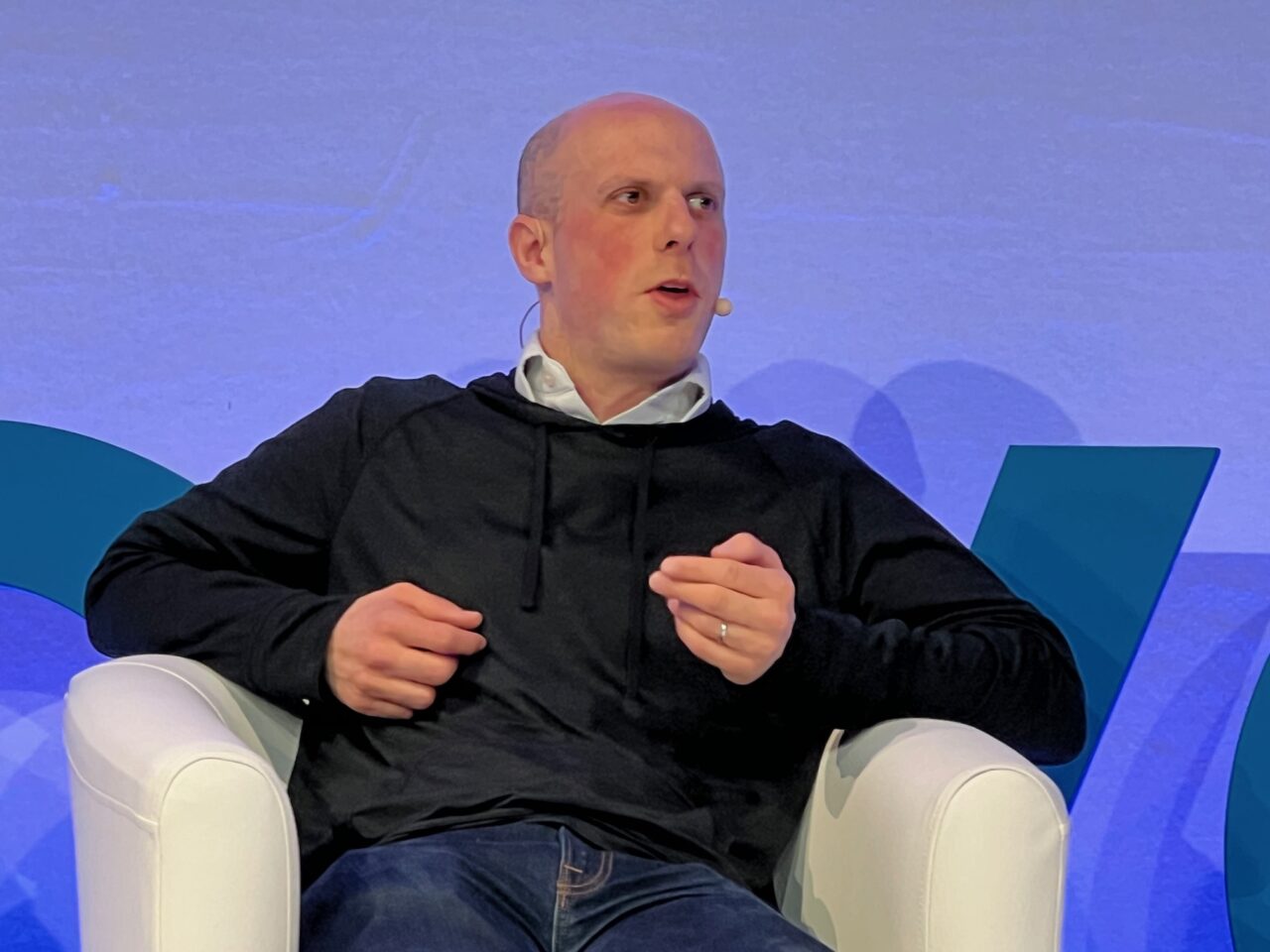
Perhaps most inspiring was Winwood’s observation that often some of the best companies are started during times of crisis and uncertainty. Further, she added, it’s never been easier to launch a new fintech. Maybe, if the previous fintech boom was characterized by a YOLO, ZIRP-fueled, free money mania, then perhaps the next boom will be characterized by greater sense and sobriety.
After all, she concluded wryly, if you’re starting a fintech today “you’re either mad or really love the problem and want to solve it.”